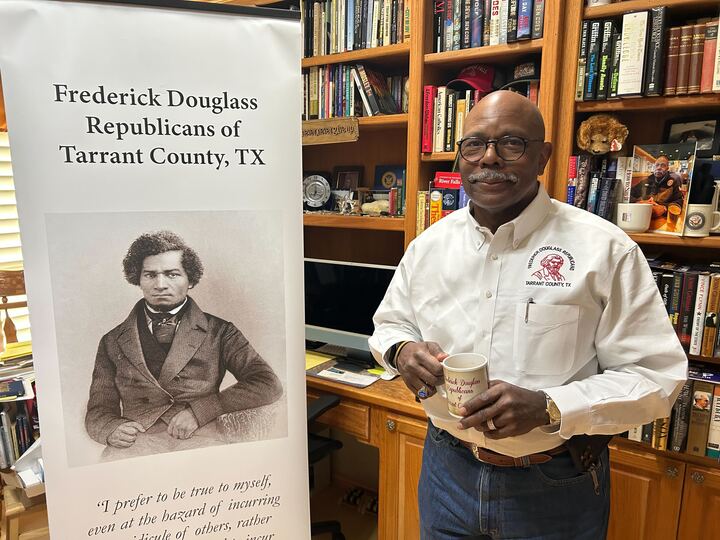Congress is back to work trying to overhaul the U.S. Tax Code before the end of the year, and some wonder if the current plan could cost charities.
After Cyber Monday comes Giving Tuesday, part of a national call to encourage people to give to their favorite charities during the Christmas season.
At the same time, Congress is back to work trying to overhaul the U.S. Tax Code before the end of the year, and some wonder if the current plan could cost charities.
Under a plan presented by House Republicans, charitable giving is still tax deductible, but fewer people may end up using the deduction. In an effort to simplify the tax code, the standard deduction would nearly double so that fewer people would need to itemize deductions and would instead just take a standard deduction.
But if there is less of a need to itemize, would that mean fewer people would make tax-deductible donations?
Some nonprofits believe it's possible.
The non-partisan Tax Policy Center estimates charitable giving could drop between $12 and $20 billion in 2018.
At Dallas Life, an organization that feeds and cares for the homeless, about 60 percent of its donations come from individuals who give an average gift of $75.
Local
The latest news from around North Texas.
Executive director Bob Sweeney says most of their donors aren't the wealthy who would still itemize deductions, but rather individual donors who simply give what they can.
"I can imagine a number of those families being squeezed out of being able to give as much as they like, so it's a concern," Sweeney said.
Sweeney knows some donors give at the end of the year, in part, for the tax incentive. End of the year giving is especially critical for a homeless shelter, where he sees demand for services increase around the holidays.
Dallas Life houses up to 360 people a night and serves approximately 1,000 meals a day.
At the same time, tax incentives aren't the only reason people give, which is why estimating what would happen under a new tax plan gets complicated, says Cullum Clark, director of Southern Methodist University's Economics Center.
"I think that they just fear any tampering could hurt them. Yet, I think a little bit longer historical perspective would suggest we tamper with the tax code all the time. It changes and changes and changes, and through it all, the American people have been really generous," Clark said.
Still, larger nonprofits are lobbying Congress to make the charitable deduction available to all taxpayers, whether they itemize or not.
The United Way says anything less would "disrupt the non-profit sector's ability to form public-private partnerships that grow local solutions for issues that plague communities across the nation like youth unemployment, hunger, homelessness, the substance abuse epidemic, etc."



